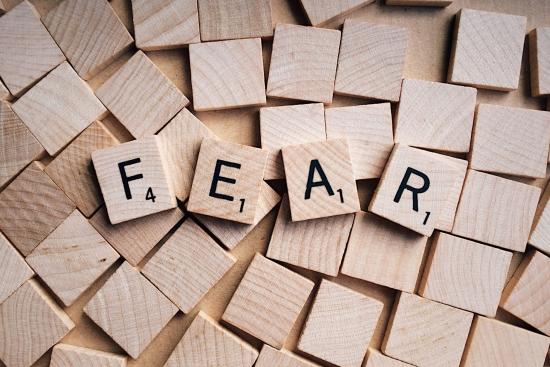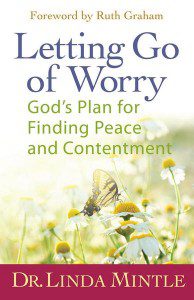 This past week has been challenging when it comes to fear and anxiety. People don’t know what to really expect with the spread of the coronavirus. Travel and events are cancelled. Schools are closing. Businesses have been hit hard. Through all the uncertainty, fear can take us hostage if we let it.
This past week has been challenging when it comes to fear and anxiety. People don’t know what to really expect with the spread of the coronavirus. Travel and events are cancelled. Schools are closing. Businesses have been hit hard. Through all the uncertainty, fear can take us hostage if we let it.
Fear not...is a phrase that appears in 18 books of the Bible. From Genesis to Revelation, angels, prophets, apostles and Christ himself announce that we are not to fear.
It is true that fear is a warning system built into the our bodies as a natural reaction to danger. It is healthy to feel fear in the face of danger. It acts like an alarm and prompts us to action.
Fear is a chain reaction in the brain that isn’t consciously triggered, but it can be consciously extinguished. You can learn to turn off the fear response. To do this, takes some work, but you can get control of fearful thoughts.
When you experience fear and anxiety:
Physically: Teach yourself to relax and calm down your body. Practice deep breathing, deep muscle relaxation or any calming method that requires the physical body to relax. This is key to breaking the conditioning of fear. By practicing the opposite of tension, you can train your body to relax and turn off that fear response. The key is to practice. For example, if you find your heart racing at night, take some really deep breaths, concentrate on those breaths and calm down your body.
Fearful thoughts: When anxious thoughts come into your mind, identify them and tolerate the momentary feeling. Then correct the thought with something more reasonable like, “Yes I am afraid, but God is with me and will get me through this. I can handle this.” This change in thought will decrease anxiety. This is because anxiety is not based on real danger. Rather it is based on what could be. Therefore, don’t allow your thoughts to wander into the worried waters of what could be.
In addition, meditate on God’s Word. He has not given us a spirit of fear, but of power (his to overcome) and a sound mind (control of our thoughts). However, fear can be rooted in a lack of trust in God. It can also come from feeling alone or not having resources to deal with problems. Remember, God is a never ending resource. Call on His name anytime you feel afraid.
Behaviorally: When you are faced with fear, don’t avoid it. Face the fear and take charge of your thoughts. Once you exposure yourself to the fear and realize you can overcome it, your confidence will grow. Eventually, you can master that fear.
Spiritually: God doesn’t want us held hostage by the possibilities of danger. Fear and anxiety steal our joy and peace. But the power of His word can calm us.
Fear not….God answers prayer
Fear not….God loves us.
Fear not…God will guide us
Fear not…God is with us.
Greater is He that is in us, then he that is in the world.
And if you want specific help, read Psalm 46. This psalm provides seven points to help with fear:
1) Know who God is–a very PRESENT help in times of trouble.
2) Know where God is–in the middle of the trouble. The waters roar, the mountains shake, but God is in the midst. He is not absent in times of trouble.
3) Get your eyes off the uncertain circumstances. Don’t be moved by the trouble around you. Instead keep your eyes fixed on Him.
4) Remember God is working in the situation. He breaks the bow, cuts the spear, burns the chariots of fire. He will work it all for our good if we love and trust Him.
5) Be still. Wait and listen.
6) Know that He is God. Watch how He moves and works things out. Be amazed by what He does.
7) Worship Him even before you know the ending because praise takes care of that heaviness.
Isaiah 41:10 So do not fear. for I am with you; do not be dismayed, for I am your God. I will strengthen you and help you.; I will uphold you with my righteous right hand.


